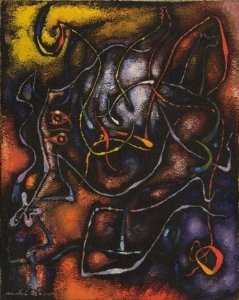-Ryan J. Hodge
For someone who enjoys a great story, is there anything better than a narrative that engages you from the very start? Imagine a world so rich you can almost smell the scents in the air, a delivery so clever it forces you to think in a way you never thought you would. I’m Ryan J. Hodge, author, and I’d like to talk to you about…Video Games.
Yes, Video Games. Those series of ‘bloops’ and blinking lights that –at least a while ago- society had seemed to convince itself had no redeeming qualities whatsoever. In this article series, I’m going to discuss how Donkey Kong, Grand Theft Auto, Call of Duty and even Candy Crush can change the way we tell stories forever.
How Unconventional Problem Solving Makes Stories More Exciting
There’s a certain habit one can get into while writing as well as playing video games; the habit of resolving problems in the most straight forward, obvious way possible. Be it with firearms or sharpened sticks, it is easy to think of conflict as an uncomplicated affair of each party dueling the other until one falls over. Unfortunately, this can lead to a bit of creative stagnation and, worse, make combat in a story outright boring.
Take Ultraviolet (2006, film) for example. In this movie, Milla Jovovich’s character, Violet, lays waste to the enemy forces with such brutal efficiency that nothing the villains send against her can really be considered a threat. Though the number of enemies is scaled up with every encounter, because Violet’s default problem solving mode is pure attack we, the audience, need not even ask ourselves How’s she going to get out of this one?
Such modus operandi is more than applicable to a lot of modern video games. The worst offenders, in fact, are some of the most popular on the market; including Halo, Call of Duty, and Battlefield. Despite their financial successes, however, there tends to be little about these titles that players find memorable. However, the moments they do find memorable tend to have little to do with endlessly felling waves of enemies.




